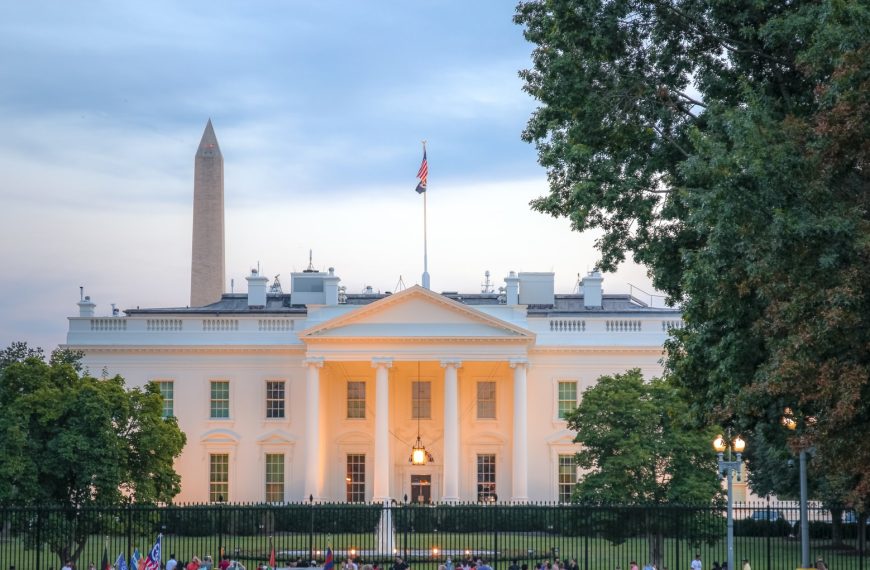At the 2022 World Health Assembly, countries recommitted to eliminate viral hepatitis by 2030.
Since the initial historic commitment in 2016, the Sustainable Development Goals 2020 target of reducing the prevalence of hepatitis B in children under 5 years to under 1% has been met globally and in most WHO regions. In addition, the number of people receiving treatment for hepatitis C has increased 10-fold to more than 10 million.
However, globally more than 350 million people are still living with this life-threatening disease. The gains made have been uneven across the world, with those most impacted often least likely to benefit, and most countries have failed to meet the GHSS 2020 targets. Few babies have access to the hepatitis B birth dose vaccine in many low- and middle-income countries, with less than 10% in Africa receiving a timely vaccine. Additionally, infection and prevention control in health care settings needs further improvements and harm reduction remains insufficiently scaled up and accessible. Stigma and discrimination continue to be a barrier to testing and care. Only 10% and 21% of people know that they live with chronic hepatitis B or hepatitis C respectively, even fewer receive treatment, and liver cancer related to hepatitis is on an exponential rise especially in low- and middle-income countries. Furthermore, acute hepatitis A and E continue to impact people’s health all over the world.
The participants of the third World Hepatitis Summit believe that the new Global Health Sector Strategies (GHSS) on HIV, viral hepatitis and sexually transmitted infections, 2022-2030, provides an opportunity to refocus global efforts, accelerate the response and recommit to the elimination of viral hepatitis by 2030.
To make the elimination of hepatitis a reality within evolving health systems, we call on countries, global partners and other stakeholders, to act now to achieve the 2025 and 2030 targets by developing and implementing national hepatitis strategies which address the five strategic directions of the GHSS and put people living with viral hepatitis at the heart of the response.
We ask that multisectoral action, which recognises civil society as an integral partner, is taken to operationalise hepatitis programmes which promote integration, decentralisation and task shifting to improve access.
We call on governments, global health agencies and donors to honour commitments already made and further commit to prioritise and fund comprehensive hepatitis programmes so that everyone, everywhere, has access to affordable prevention, testing, treatment and care.
We also call on the 350 million people living with viral hepatitis and their communities to unite, amplify their voices and take their place in the hepatitis response.
Hepatitis Can’t Wait!
The World Health Organization (WHO)




